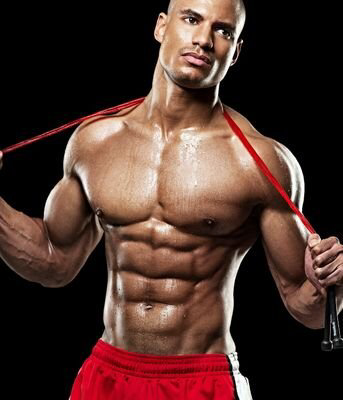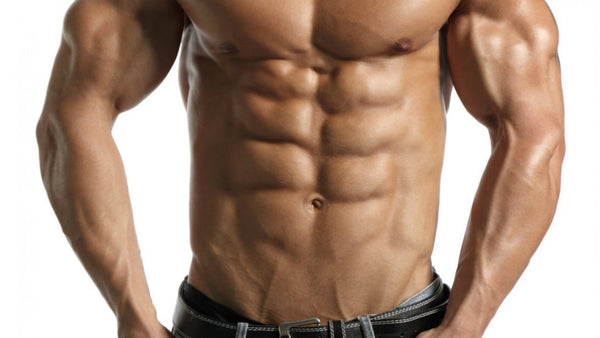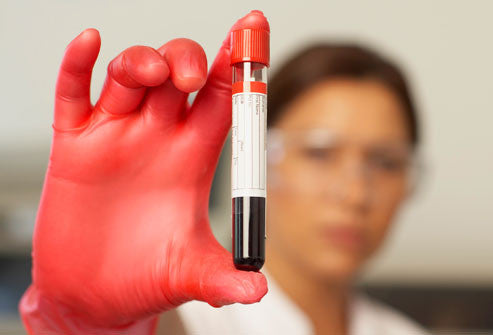How weightlifting can maximize your weight loss

Many people who are attempting to lose weight tend to stay away from lifting weights. Why is this? More than likely it’s because of common misconceptions associated with weightlifting. Some assume (especially women) that lifting weights will turn you into some huge, muscular, bodybuilder like this..
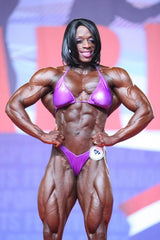
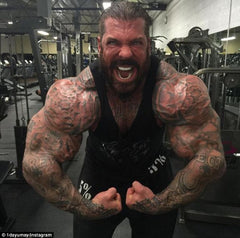
This couldn’t be further from the truth. The vast majority of people who lift weights don't even COME CLOSE to looking like this. Most of the people who look more like the people in the picture dedicate their entire lives to making themselves look like that. Their diet and training are very calculated to make them look this way. And in complete honesty, most if not all are on steroids and/or growth hormone. Side note; if you do want to look like that, cater youThe truth really is that weight lifting is a great way to lose weight and drop the dreaded, unwanted body fat. Lifting weights is the most important type of exercise that you can do to reshape your body composition.
I just want to get this out of the way.. I’m not saying that cardio is bad. It’s great for cardiovascular health, and is a good way to burn calories. The point of this article isn’t to dispute the validity of cardio, but rather take away from a lot of the misconceptions surrounding weightlifting in regards to weight loss/body transformation.
Adding muscle to your frame will actually help your metabolism. I’m sure many of you have heard the phrase “muscle burns fat”, well this is exactly what that is talking about. So if you weigh 150 lbs with 20% body fat, your metabolism is going to be slower than someone who is 150 lbs with 10% body fat. It’s a classic case of “the rich getting richer”. A lot of people are too worried about what’s on the scale as well. Muscle weighs more than fat, so sometimes the scale can be deceiving. This picture here is a perfect example of a weight GAIN while losing size and not looking bulky.
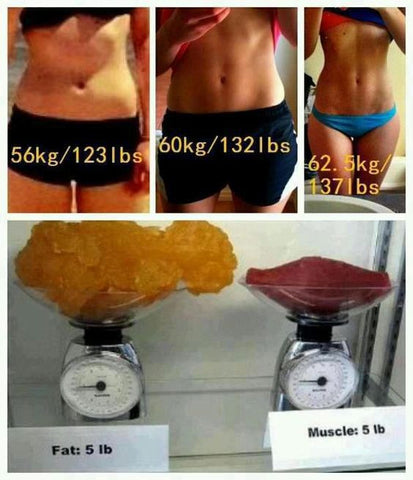
Another great benefit of weightlifting is something commonly referred to as the “afterburn”.
The technical name for the afterburn is Excess Post-Exercise Oxygen Consumptions, or EPOC, which has been tested, that you continue to burn calories after you’re done exercising when lifting weights. This is a fantastic benefit. As stated before, cardio is great for burning those extra calories, and you might even burn more calories minute for minute (depending on the intensity of your lifting or cardio) but when you hop off of the machine or trails, that’s it. No more calories are burned. A study published by The Journal of Strength and Conditioning Research found that women who did weight training burned an average of 100 more calories during the 24 hours after their weightlifting session. The afterburn is also said to last for 36 hours, so as you can imagine that number grows even more. According to another study, adding more weight with less reps can increase this effect even more. In some cases, people burned twice as many calories while lifting heavier.
Something else to keep in mind is that when you are overweight, cardio can be really tough on your joints. All the extra weight is putting additional pressure on your knees and ankles, which can make it harder to continue exercise in the future. If you are first starting out and are considered “obese” or struggle with a weight problem, I would highly suggest starting with weightlifting instead.
I hope this article has cleared up some of the many misconceptions surrounding weightlifting and weight loss. I think the most important thing is to try to find something that is fun AND safe for you. There are so many variations of weightlifting and cardio and all sorts of combinations that there is bound to be something that interests you and gets you to push yourself to reach your goals.
---------------------------------------------------------
John “Obie” Oberkircher is the Marketing Director for Advantage Supplements. Obie has gained a thorough amount of knowledge throughout his years in the fitness industry. His vision and passion for helping others achieve their health and fitness goals is his primary objective for Advantage Supplements as a company, and the direction he wants to continue to take.
References:
Melanson, Edward L., Wendolyn S. Gozansky, Daniel W. Barry, Paul S. MacLean, Gary K. Grunwald, and James O. Hill. "When Energy Balance Is Maintained, Exercise Does Not Induce Negative Fat Balance in Lean Sedentary, Obese Sedentary, or Lean Endurance-trained Individuals." Journal of Applied Physiology. American Physiological Society, 01 Dec. 2009. Web. 22 Mar. 2017.
Greer, B. K., P. Sirithienthad, R. J. Moffatt, R. T. Marcello, and L. B. Panton. "EPOC Comparison Between Isocaloric Bouts of Steady-State Aerobic, Intermittent Aerobic, and Resistance Training." Research Quarterly for Exercise and Sport. U.S. National Library of Medicine, June 2015. Web. 22 Mar. 2017.
Leave a comment
Comments will be approved before showing up.

